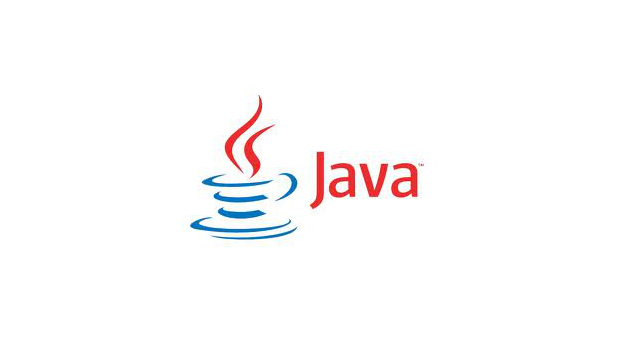Oracle has revamped its commercial support program for Java SE (Standard Edition), opting for a subscription model instead of one that has had businesses paying for a one-time perpetual license plus an annual support fee. The subscriptions will be available in July 2018. (Personal, non-commercial usage continues to be free and not require a subscription.)
Called Java SE Subscription, the new programme for mission-critical Java deployments provides commercial licensing, with features offered such as the Advanced Java Management Console. Also, Oracle Premier Support is included for current and previous Java SE releases. It is required for Java SE 8, and includes support for Java SE 7. (As of January 2019, Oracle will require a subscription for businesses to continue getting updates to Java SE 8.)
Cost of subscription
The price is $25 (€21.50) per month per processor for servers and cloud instances, with volume discounts available. For PCs, the price starts at $2.50 (€2.15) per month per user, again with volume discounts. One-, two-, and three-year subscriptions are available. Oracle has published the terms of its new Java SE Subscription plans.
The previous pricing for the Java SE Advanced program cost $5,000 (€4,300) for a license for each server processor plus a $1,100 (€944) annual support fee per server processor, as well as $110 (€94) one-time license fee per named user and a $22 (€18.90) annual support fee per named user (each processor has a ten-user minimum). Oracle has similar pricing combinations for its other Java licenses.
What’s covered by the Java SE Subscription
Features of Java SE Subscription include:
- Access to some Oracle Java SE versions past their end-of-public-update (EoPU) times.
- Early access to critical bug fixes.
- Licensing and support for cloud, server, and desktop deployments.
- Performance, stability, and security updates.
- Enterprise management, monitoring, and deployment capabilities.
- Around-the-clock support.
How this affects the twice-yearly Java releases
Oracle has implemented a six-month release cadence for Java SE, with Java Development Kit 10 having shipped in March 2018 and the next version, JDK 11, due in September 2018. Java SE subscribers can keep up with this schedule, or they can control when production applications move to the new releases; it’s their choice. Subscribers can also update the long-term-support (LTS) releases for as long as eight years.
If you don’t renew…
If users do not renew a subscription, they lose rights to any commercial software downloaded during the subscription. Access to Oracle Premier Support also ends. Oracle recommends that those choosing not to renew transition to OpenJDK binaries from the company, offered under the GPL, before their subscription ends. Doing so will let users keep running applications uninterrupted.
IDG News Service





Subscribers 0
Fans 0
Followers 0
Followers